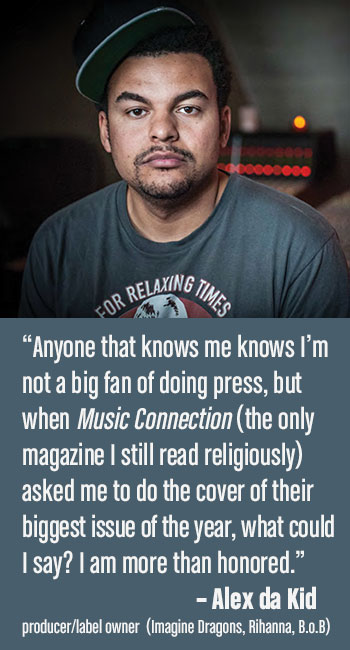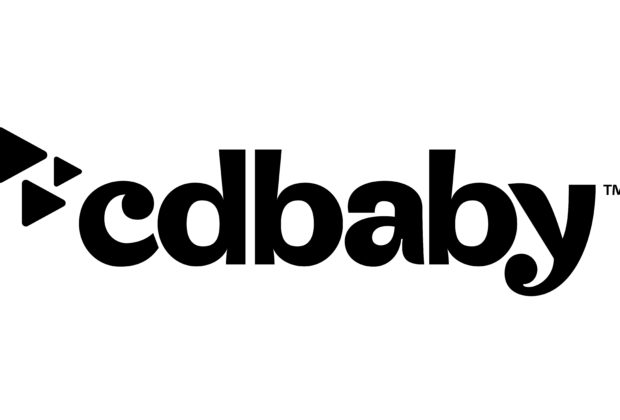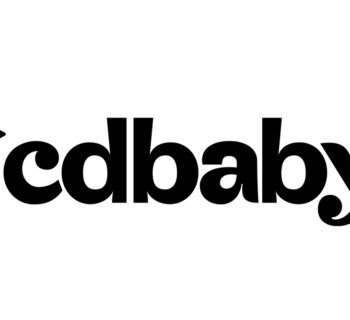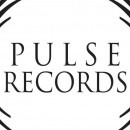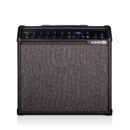According to their website, CD Baby represents over 650,000 artists and is responsible for streaming more than 7 million tracks. Currently serving musicians in a multitude of ways including sync licensing, streaming distribution and royalty collection, the company began in 1998 as an online CD store. Over the years, the venerable independent has earned its reputation as a reliable ally for blossoming artists.
One way they’ve earned that clout is by offering artists royalty data and the ability to withdraw weekly earnings since nearly its inception. Recently, Sony announced with much fanfare that it would be offering their clients a similar level of functionality. Vice President of Marketing Kevin Breuner couldn’t resist taking a shot at the label with a cheeky video. “There’s no reason they shouldn’t have been doing it a long, long time ago,” he admonishes. “They just didn’t want to.”
It’s not the only example of how the major label system has taken advantage of artists. Breuner, who moonlights as an artist himself, was once signed to one of those corporate behemoths. Examining his old contract, things like a 25% withholding for breakage stand out… and not in a good way. “That’s very much from the old school vinyl days,” he scolds. “That didn’t happen in the CD world. But they retained all that stuff because it’s another way to scoop money off the top.”
Breuner explains that the reason major labels lack transparency is because of their primary aim—to create and own master recordings. Boosting an artist’s overall career is secondary to that monetary goal. And when artists have the ability to see where all the money’s going, their tricks become quickly apparent. It’s only now that the independent market has become so enormous that the majors are finally tweaking their methodologies. “When a major corporation stops treating their employees like they’re in sweatshops, we don’t celebrate it,” pokes Breuner. “It’s not revolutionary when corporations stop being shady.”
A reputation for shadiness has never been an issue for CD Baby. Rather, they take pride in helping artists fund themselves. As long as you have money being generated in your account, you can instruct weekly withdrawals of any amount above $10. That money can be sent via check, PayPal or direct deposit. And the second information is loaded onto an artist’s account it’s available for viewing. “That’s something we just don’t mess around with,” Breuner attests, mentioning the situation swirling around PledgeMusic as a cautionary tale.
The company’s ultimate mission is to generate opportunities for monetization for artists. Besides their previously mentioned services, CD Baby provides every customer with free access to marketing tools such as Show.co and HearNow, both accessible directly via the website’s dashboard. “The number one thing people ask us for after distribution,” Breuner claims, “is how do I market my music.” Yet another benefit the company proudly offer is CloudBounce, which allows creators to master their recordings for the basement price of $4.90 a track.
Then there’s social media. CD Baby aligns with all the major digital networks, including YouTube, Facebook and Instagram, to make sure your tracks are properly registered and being collected upon. Although one might assume this isn’t a potentially rich source of revenue, Breuner notes that all sorts of hidden uses for one’s music exist and can bring a profit. “This manufacturing company in China had a bunch of videos showing their equipment and they used my music,” he tells us. “There’s random stuff like that all over.” Likewise, CD Baby can uncover any unregistered use of your music, where otherwise it would remain impossible to discover. With Instagram Stories, musicians can make their music available for the network’s users to drop their sounds into videos, granting musicians yet another potential revenue stream.
Although they’ve been primarily digital since 2004, distributing music to outfits like Spotify, Apple Music and Amazon, Breuner points out that CDs still serve an important role in the industry’s commercial ecosystem. “For some genres, CDs are still very important, especially if you’re playing live,” he instructs, noting certain genres like country and folk still rely heavily on optical media. “You don’t want to miss out on any monetization options.” CD Baby’s alliance with DiscMasters can help fulfill that need.
As important as possessing physical merchandise may be, inspiration and guidance play an even more important role in nurturing one’s career. For this, they founded the DIY Musician Conference, coming to Austin, TX August 16th - 18th for its fifth iteration. For just $129, creative types will have access to open mics, mentoring sessions, a jam room and beyond. For more details, check out diymusiciancon.com.
As a company founded by an independent artist and currently staffed somewhere around 90% by active independent musicians, CD Baby has spent years earning invaluable trust among the music community, trust that’s been generated by their overall commitment to placing power into the hands of musicians.
“We have a giant call center where we take thousands of calls and answer thousands of emails from artists daily,” boasts Breuner. “And when you’re in that much direct contact with your client base, you get to know them really well. Most of the music business still doesn’t have the proper perception of whom artists really are and what they hope to accomplish. Most people in the business world have never been artists. They’re looking at it as a business and most artists did not get into music because they wanted to be a businessperson. They wanted to create because they had something to say.”
See cdbaby.com
